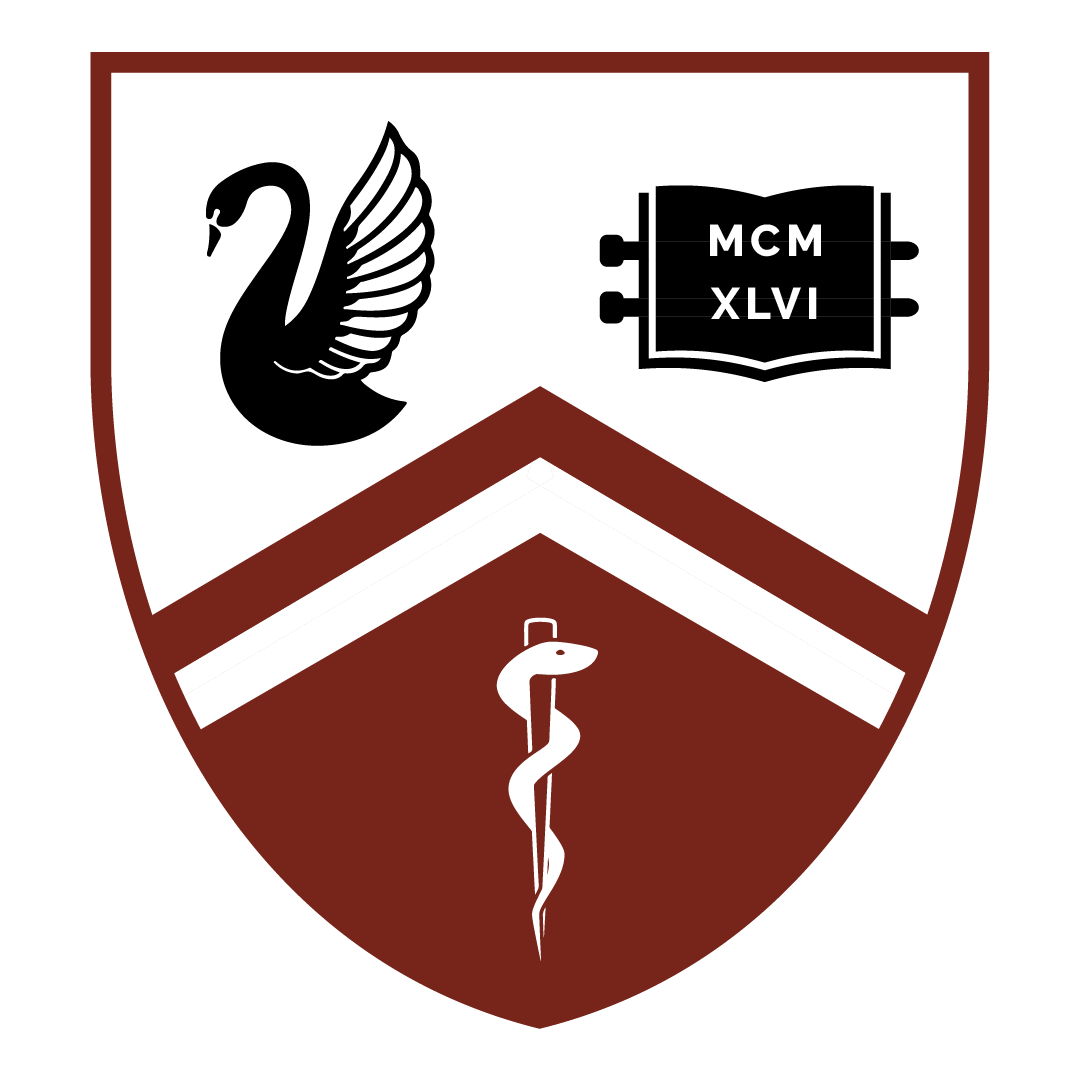By Jackson White
Capitalism emerged from the fertile intellectual agar plate of late Middle Age and Renaissance Europe and has now, despite a major challenge from Communism in the 20th century, swatted away all competing systems through unrivalled productivity and enterprising creativity to become the dominant economic system of the modern world.
This system is however imperfect, and it is often seen to stimulate avarice, particularly when coupled with an impersonal corporate structure. In many cases, public and corporate interests diverge, and occasionally the results are disturbing.
Nowhere is the difference between corporate and public interests more pronounced or more important than in the sphere of public health. As a universal concern, health and healthcare has enormous potential for profit, and unsurprisingly the industry responsible for developing and producing medicines is big business. Collectively known as the pharmaceutical industry, it is set to rake in $1.1 trillion in world-wide revenue next year.
Unfortunately, profit does not parallel maximisation of health outcomes, and we see a lopsided investment picture; those who are most desperate for medical help, the world’s poor, are precisely those who cannot attract private investment into solving their health problems because there are limited financial incentives to do so.
Médecins Sans Frontières (MSF), the charity behind the Access campaign which aims to provide and develop essential medicines for areas of need, notes that only 1% of drugs that have come onto the market in the last 30 years have been developed for combating tropical diseases and tuberculosis. This seems absurd when we consider the enormous impact of these diseases: WHO estimates that the so-called neglected tropical diseases impair the lives of 1 billion people, while tuberculosis kills approximately 1.4 million and malaria 660,000 annually.
There are attempts to correct this imbalance in investment and innovation. Notably, OneWorld Health is a not-for-profit pharmaceutical company founded in 2000 whose aims are the development of drugs for, and the treatment of, malaria, kala-azar and diarrhoeal diseases, among others. It is currently undergoing phase 2 trials for a novel anti-diarrhoeal drug. Whether OneWorld provides the template for an effective solution remains to be seen, and it’s stability is questionable considering it relies on donations from philanthropists Melinda and Bill Gates. It is no doubt a step in the right direction. Another non-profit organisation working towards a similar goal is the Drugs for Neglected Diseases initiative, which has successfully delivered 2 antimalarial treatments and a treatment against sleeping sickness, among others.
The lack of private investment into treatments for diseases of the developing world is not the only problem that needs to be addressed. Equally pressing is the question of patents. While they are almost certainly necessary for investment and innovation, we must question when, where and for how long they are really necessary for.
Currently, patents on novel drugs last around 18 years, giving the developing pharmaceutical company a stifling monopoly for an extended period of time. This has a stark impact on availability through exorbitant pricing. In 2000, first-line antiretrovirals (ARVs) for the treatment of HIV cost around $10,000 for the treatment of one person for one year. Understandably, organisations such as MSF found great difficulty in treating the large numbers of HIV sufferers in areas of great need such as sub-Saharan Africa. Since then the patent has run out, and prices plummeted with the development of generic medicines; first-line treatment now costs around $100 per person per year. This is a 99% decrease.
It is an absurd reality of the capitalist world that we have so many dying preventable deaths purely because the costs of treatment are inflated by patent-produced monopolies. Pleasingly, these monopolies do not always remain unchallenged. Last year in India the German pharmaceutical company Bayer was forced to allow a compulsory license for its still under patent liver cancer treatment Nexavar, which is estimated to bring the price of the drug from over $5500 per month per person down to $175. This was allowed under the Indian Patents Act, which has a provision allowing a compulsory license after three years of the grant on drugs that are not available at affordable prices. One wonders whether this will serve as a warning against such excessive pricing in the future.
Another step forward was taken back in 2001, when the World Trade Organisation, of which Australia is a member, released the Doha Declaration, announcing that a member Government can declare a public health emergency and start manufacturing copies of a patented drug, or take other steps to protect public health. We are not entirely impotent in the face of health emergencies.
Physician and humanitarian Paul Farmer believes that the way forward is to treat health care as a human right, and making its delivery a prime concern rather than an afterthought. Whether this compassionate view is welcome or even possible under our current economic system is a matter up for debate.
If you’re in the mood for some righteous rage at the state of the Pharmaceutical industry, I recommend Ben Goldacre’s ‘Bad Pharma’. Also, check out the wonderful MSF’s Access website for more information – www.msfaccess.org
Other references
http://www.reuters.com/article/2012/03/12/natco-pharma-bayer-nexavar-idUSL5E8EC88S20120312
http://www.msfaccess.org/content/bbc-do-drugs-really-have-be-so-expensive
http://www.wto.org/english/thewto_e/minist_e/min01_e/mindecl_trips_e.htm
Image: ‘Pills’ by Grumpy Puddin available at http://www.flickr.com/photos/grumpy-puddin/5161221951/ under a Creative Commons Attribution 2.0. Full terms at http://creativecommons.org/licenses/by-nc-sa/2.0/
